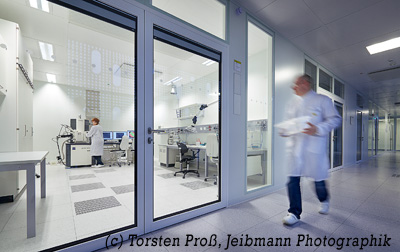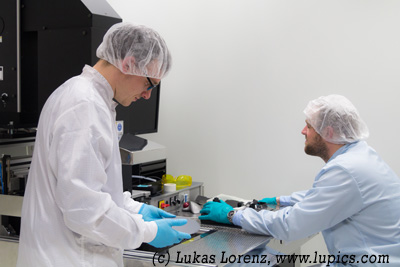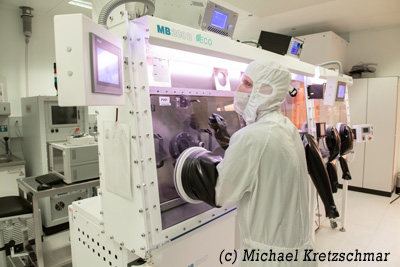Technische Universität Dresden (TUD) is one of eleven German universities that were identified by the German government as ‘Universities of Excellence’ and are thus entitled to receive permanent funding within the framework of the Excellence Strategy of the Federal and State Governments. TUD is one of the largest technical universities in Germany and is among the country’s leading and most dynamic universities. With 17 faculties in five Schools, TUD offers a broad variety of degree courses and covers a wide research spectrum. Having been committed to sciences and the engineering before the reunification of Germany, it has nowadays become a university that unites the natural and engineering sciences with the humanities and social sciences as well as medicine. TUD has about 30.000 students and 8.500 staff members – among them about 600 full professors –and, thus, is the largest university in Saxony today. TUD is embedded in the DRESDEN-concept network, which bundles and uses all synergies of Dresden’s numerous scientific and cultural institutes, such as Fraunhofer-, Leibnitz- and Max-Planck institutes, the Dresden Helmholtz center and various museums and other institutions. The exceptional international outreach of TUD is backed by a long history of cooperation projects in research and education.
TU Dresden recently joined the EUTOPIA university alliance, which is one of the consortia chosen by the European Commission in the framework of the European Universities Initiative in the Pilot Call in 2019.
In this project involved TUD units - the Institute of Electronic Packaging Technology (IAVT) and the Centre for Microtechnical Manufacturing (ZmP) at Faculty of Electrical and Computer Engineering together represent one of the largest university research institutions in the field of electronics packaging in Germany. Our areas of activities cover a wide range from bio-compatible and photonic packaging, different substrate technologies, micro assembling and contacting technologies, surface mount technology, optical interconnects, process development and reliability investigations in electronics production.
In this project involved TUD units - IAVT and ZmP - are active in the research on technologies and processes for electronic packaging including the additive manufacturing technologies using 3D-printing and µ-printing as well as adaptation of conventional packaging technologies, e.g. use of SLA printer to introduce mask-less, direct photolithography for structuring of resists, in order to develop simplified, cost-effective and sustainable processes for fabrication of (opto-)electronics of the future. In the teaching area the IAVT and ZmP conducts student lectures, exercises and practical lab training (on tertiary level) of electronic packaging with the substantiated theoretical education, practical work with industry relevant technological and diagnostic equipment as well as intensive involvement in scientific research work. The goal of the project is to put the topics of advanced printing technologies more into the focus of education at IAVT and ZmP.






